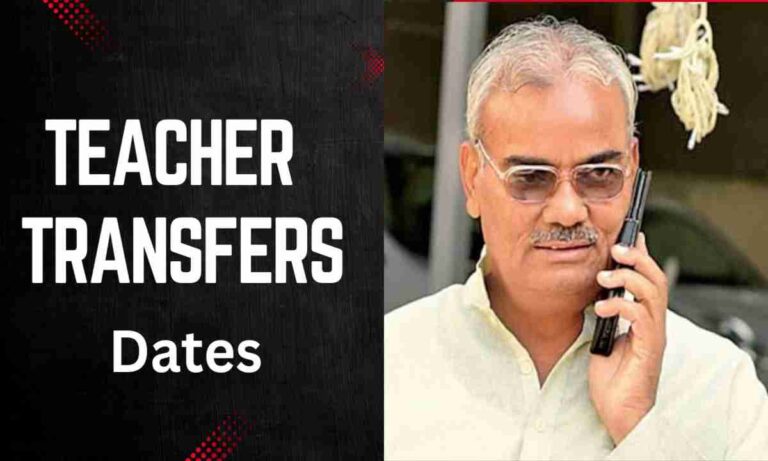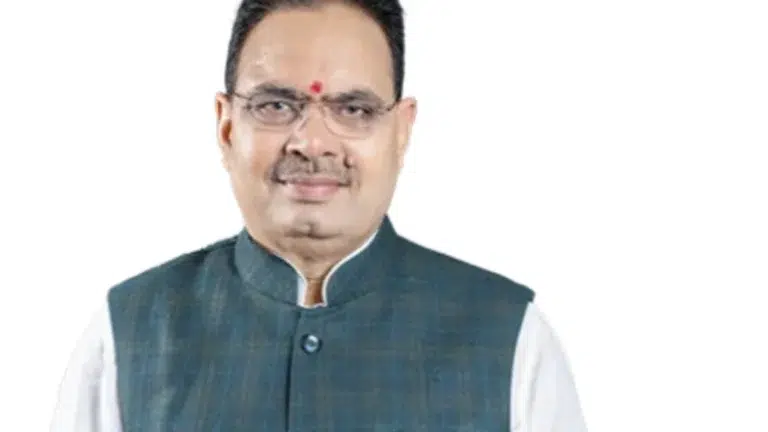The Rajasthan teacher transfers announcement was made in a big way by Education Minister Madan Dilawar, limitedly within the Rajasthan Teachers’ Union’s state educational conference in Sawaliyaji, Chittorgarh. He has stated that teacher transfers would be carried out after the board examinations, putting to rest a major issue amongst the educators of the state.
The backdrop of the announcement says that the transfer season started on January 1, 2025, and while all other government departments earlier had the transfer season going, in the education department the transfers were held forth for teachers. Dilawar stressed this point by saying, “The ongoing examinations are not the right time to transfer teachers.”
This, of course, came after the heavy campaign for assembly, parliamentary, and by-elections that had recently served to engage the government’s concerns. “With an eye on the students’ interests, the government will effect transfers,” Dilawar assured the teachers. “Rest assured that teachers’ transfers will be done after the board exams.”
This was an announceable conference in a way but also quite naturally an attempt at conversation and dialogue between the government and the teaching community. Apart from the aforementioned pronouncement, Rajasthan Teachers’ Union leaders like state vice-president Dr. Rishin Chaubisa, state general secretary Mahendra Lakhera, and other leaders such as Praveen Jain, Balwant Bamaniya, Dilip Singh Chauhan, and Rajendra Singh Chauhan were highly critical of the government for its discriminatory practices in recent times. The leaders accused the government of neglecting the education department after deciding to go ahead with transfers for every other sector except education.
This, they argued, demonstrated that the millions of teachers in the state were not cared about and that education was viewed more by the administration as something secondary in importance.
A memo was submitted to the ruling government against specific issues with the demand for fairness in transfer policies. The argument was that while personnel movements in other departments were swift, the education sector was treated like an orphaned child, thus showing the government’s casualness toward education.
Rajasthan Teacher transfers will occur after the board examinations
Consequently, Dilawar’s recent pronouncement is believed to have arisen out of these criticisms and to have sought to restore the perceived balance. By now committing to action as soon as the examinations are over, he would hope to placate the teachers while ensuring that educational activities are not affected by shuffling of the administrative deck at an inopportune time.
The announcement also points toward other sundry problems involved in the management of human resources on an extensive scale in public sectors, especially in education, where the timing of such administrative actions can greatly influence educational outcomes. The decision to delay the transfers until after the exams thus represents an attempt to balance administrative convenience against the need for systematic stability in the educational sphere.
It is also a type of commonplace occurrence that defines politics within the state’s education scenario which shows that teacher transfers are administrative actions, but such very delicate and political with the involvement of teachers’ unions and their perception of governance by the public at large body.
Right from the closure of board exams, the government will be under public scrutiny for implementing the promised transfers fairly, transparently, and to the satisfaction of teachers and students alike. This could very well be a precedent for future electoral transfers and potentially influence policy in other states grappling with such administrative-educational challenges.




